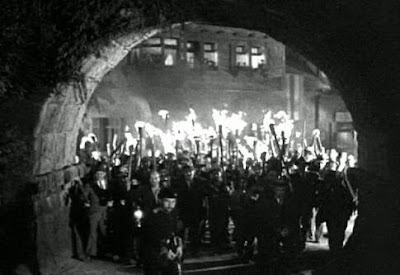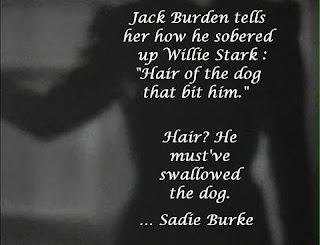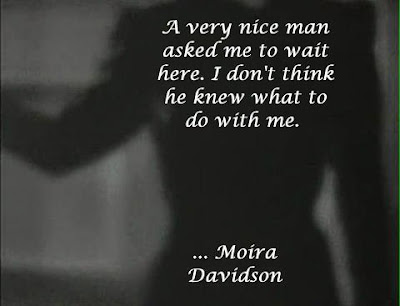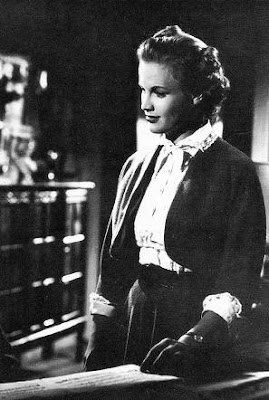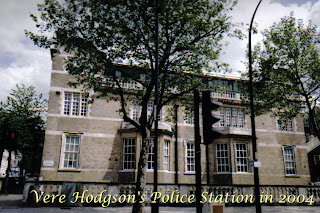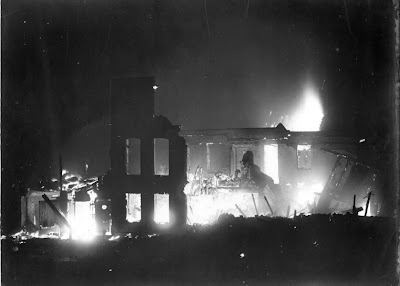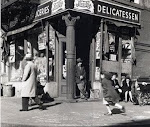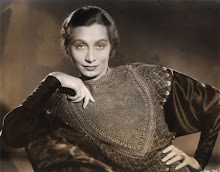 In Which We ServeJune 20, 1943: Sunday (at Brum).
In Which We ServeJune 20, 1943: Sunday (at Brum). Then Cath and I saw the film
In Which We Serve. Splendid. We sat through it twice. Saw Dunkirk and several sea battles. Blitz on Plymouth was exact – wailing of the sirens and the fall of one bomb after another. We have heard them so often, but have been luckier than the family in the film for so far we have not been buried under the debris.
(And on food): May 9, 1943. Sunday. Dr Remy came to tea, and as cakes and scones are uneatable if bought from shops – unless you are starving, we are not – I made some. Tossed together something or other.
The Moon is DownAugust 22, 1943: Sunday. Went with Mrs T. to
The Moon is Down by Steinbeck, about Norway under the Germans. Cedric Hardwick is the German officer, occupying a mining village. We saw the stunned demeanour of the inhabitants, and the terrible awakening to what had befallen them – and the gradual rise of opposition.
All people inclined to be pacifists should see this film, and they would realize what we have been saved from. The Navy and Air Force saved us by a hair’s breadth. What we owe to those few gallant souls who prepared in time! Just a few people of exceptional intelligence and perspicacity knew long ago and got ready, while the rest of us were stupidly repeating ‘There can be no war ...’ In so many cases these Few lost their lives saving those too blind to see the danger.
(And on food): Plenty of plums, apples and tomatoes in the shops.
Citizen KaneAugust 29, 1943: Sunday. Saturday went to see
Citizen Kane – one of those old classic films. It was about a blustering unlovely American businessman. His last word on earth was Rosebud, so the film digs back into his life to see what it meant. Never discovered. Most unsatisfactory!
I enjoy listening to the gospel singer on the radio.
(And on food): My osteopath just back from the Castle of Kilrorke in Nairn, where he has a patient. Seems to be 12th C. but every modern convenience inside. As for food they do not know up there that there is a war on. He had cream on his porridge every morning – and pints of it seemed to be wandering around the house.
Life and Death of Colonel BlimpOctober 3, 1943: Sunday. Went to see
Life and Death of Colonel Blimp. Low created this character in the years before the war as a figure of fun, but when trouble came we had to depend on him and his like, for there was one else. When the new men got going Colonel Blimp was put in the Home Guard. He was a gentleman, and attributed to his enemies his own high motives. Anton Walbrook, as the German of old-fashioned honour, would have pleased Dr Remy. There is a decent German in the film - something rare. However, they do exist.
 (And on food):
(And on food): One morning we had coffee at Kunzle’s and an ersatz cream-bun. They tell us that the last genuine Cream Bun in the world was eaten last weekend in Portugal! Now all is finished until the war is over.
Battle of BritainOctober 17, 1943: Sunday. Mrs. O. came for the week-end. Went to see the
Battle of Britain produced by the Americans. Idea is to present to the American people exactly what we did for the world in 1940-41. Splendid. Mr Churchill gives the introduction. All very vivid – pictures of Hitler and Goering planning this and that against us. Bombing depicted. The women buckling to – men rushing to catch the paratroops or join the Home Guard.
(And on food): October 4, 1943: Sunday. Apple Rings in again and we like them.
San Demetrio London.
February 28, 1944: Monday. Went to see film of
San Demetrio about the Jervis Bay Convoy. We follow the fortunes of one lifeboat. After three miserable days they sight the San Demetrio again, their own ship, which ought to have blown up. They reboard her, though in flames and with petrol – she is a Tanker, and after amazing hardships bring her safely to the Clyde.
(And on food): February 27, 1944. Sunday. Lemons on sale this week. I have had four and made pancakes three nights running.
(Other): Queues for the Tubes start at 4 p.m. … children, prams, old people. At Holland Park there are bunks for 500. They have had 1,500 people there this week. They sleep on the platforms with trains passing. One night they had to send the train on as the passengers could not alight among the sleepers.
The First of the Few. (Picture of the burning of Kiev) .
March 5, 1944: Sunday. Saw
The First of the Few with dear Leslie Howard. Went with one of my former Wimbledon pupils. It is the story of R.J. Mitchell who invented the Spitfire. He died before the war, but did as much as anyone to win the Battle of Britain, and save us all. I was specially interested in the Schneider Trophy. One year the Italian won it – it was Major de Bernardi with great rejoicings. A nice modest hero he was.
I knew the family well in Florence. When we won the trophy outright I watched from the Solent. Did not realize Lady Houston gave the money for us to enter, that we learned no end from it. In my short-sighted fashion I deplored it all at the time – not being able to see any use in tearing the sky at such speeds. But it was a glorious sight – sky a perfect blue.
I believe Lawrence of Arabia had much to do with the Race. Many great minds were working to save England even then. But most of us little realized it at the time.
Saw also a
Picture of the burning of Kiev – how deeply the Russians must feel as they re-enter their ruined cities – seething with the desire for revenge. It was heart rending – mercifully a silent film, as we could hardly have borne to hear the agonizing cries of the women as they found relatives dead by the burning houses. Some turned their faces to the camera. My blood ran cold, thinking how easily it might have happened in London or Birmingham.
(And on food): My first oranges. Lady in next flat queuing up so kindly took my ration book and got me three lovely ones. She waited three quarters of an hour. We have seen orange peel in the street – most refreshing even to look at it.
The Four FeathersSeptember 11, 1944: Monday. Went to the Cinema. Enjoyed
The Four Feathers with Ralph Richardson. Also the News with pictures of the Germans being marched through Moscow. The expression on the faces of the Generals as the population glared at them …
(An ominous entry two days later)September 13, 1944: Wednesday. We have heard a lot about the big explosion heard all over London on Friday night. There is nothing about it in the papers … word is just going round. But we fear it is the V2 which has arrived.
 For those so inclined:
For those so inclined: First editions of Vere Hodgson’s
Few Eggs and No Oranges (1976) are somewhat difficult to come by. A reprint edition in paperback is currently available from the publisher:
Persephone Books, London at 59 Lamb's Conduit Street, London WC1N 3NB. Recommended.
Note: Top image is from the London Transport Museum. Poster:
Seeing it Through: Station Woman, by Eric Henri Kennington, 1944.









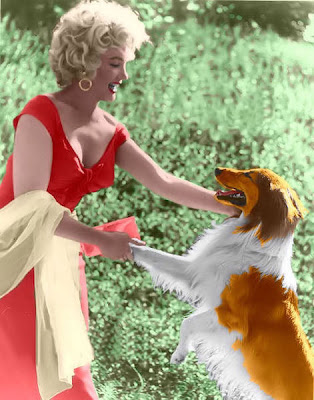







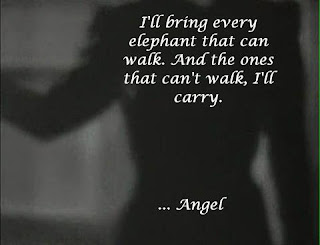
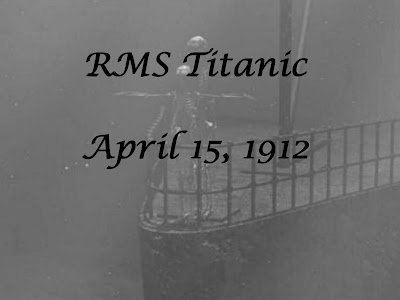.jpg)


